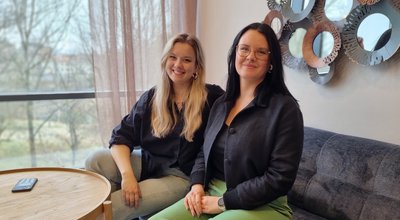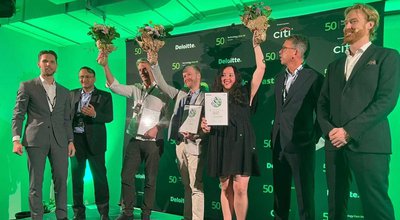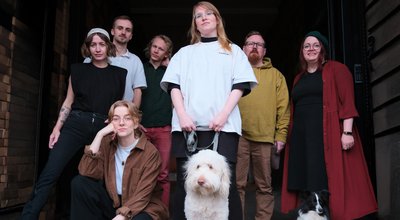One of Japan’s Biggest Game Developers Visits Skövde
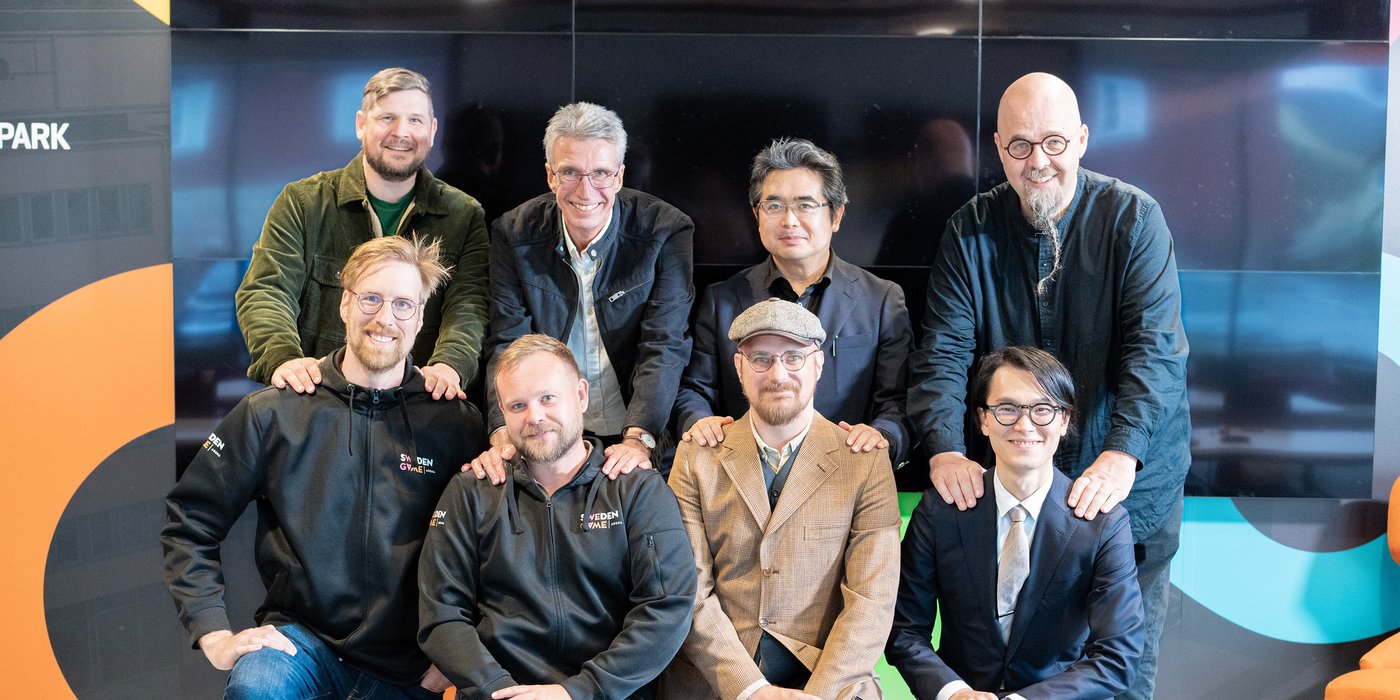
A delegation from Cygames Research, Japan, paid Skövde a week-long visit through the Game Tech Academy project (GTA), which was hosted by the University of Skövde.
The visitors got to experience the entire ecosystem around games in Skövde. The visit included meetings and discussions with students, teachers, researchers, and local startup companies.
Cygames is one of Japan’s largest game companies with over 5,000 employees, primarily well-known in the Asian markets. Their collaboration with the University of Skövde and Sweden Game Arena was initiated thanks to the EU Interreg project Game Hub Scandinavia and now continues as an important part of the Game Tech Academy project (GTA).
Since 2019, the University of Skövde has collaborated with the company’s research unit, and a handful of students have spent time at the company. During the spring semester of 2024, two master’s students completed their master’s theses at and in collaboration with Cygames, which, among other things, resulted in two accepted conference articles to be presented at IEEE CoG and CEEGS 2024.
Visited Companies Within Sweden Game Startup
During their visit at the University of Skövde and Science Park Skövde, director of Cygames Research, Professor Shuichi Kurabayashi, and researcher Dr Kiyoshiro Okada were given the opportunity to experience the entire ecosystem that constitutes Sweden Game Arena in Skövde.
Their time in Skövde was shaped by meetings with master’s students in game development, game researchers, teachers and the management of the university’s game operations. They also visited the well-renowned startup program Sweden Game Startup, at Science Park Skövde, and met several startup companies.
One of the days was dedicated to attend Sweden Game Pitch in Gothenburg, where 20 game companies pitched their projects to investors, publishers and a panel.
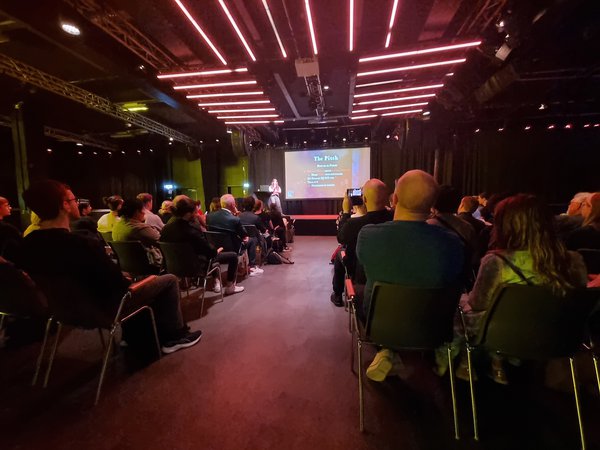
Sweden Game Pitch.
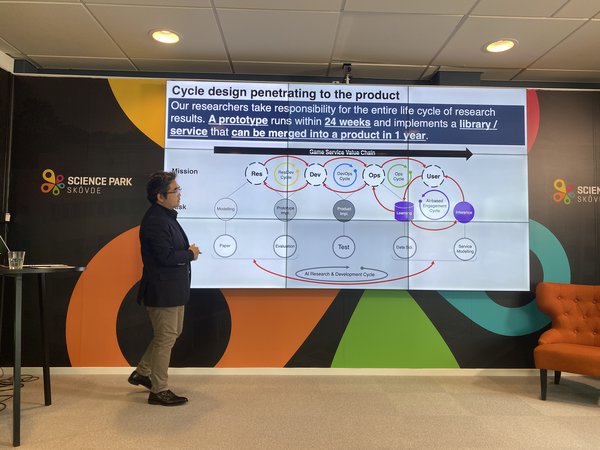
Professor Shuichi Kurabayashi.
Cygames Research Philosophy
At a seminar hosted by GTA partner Science Park Skövde, Professor Kurabayashi presented his philosophy for Cygames Research and how they empower game development through research. He emphasized the importance of research being able to work with different time horizons, where the short-term horizon needs to produce results that can be directly applied to production. However, he emphasised that there should also be room for more long-term, foundational research projects.
The company has a deliberate division between a ‘basic research iteration’ and a ‘practical use iteration’.
Professor Kurabayashi moreover shared his views on the future development within AI and highlighted that the critical aspect in the future will be the generation of data that the respective AI model is to be trained on. He believes that there will continue to be a great need for creators in the games industry. However, it can be expected that they will need additional, novel skills when using the AI tools of the future.
Future Collaboration
The visit concluded with discussions about future collaboration and exchanges through master’s and doctoral students. GTA places great importance on this partnership, which provides a highly valuable connection to the Japanese gaming industry with a clear research foundation.
Cygames’ work in collaboration with GTA’s efforts emphasizes the significance of ‘research in the wild.’ This presents researchers, companies and students with the challenge of transferring the large-scale Japanese perspective to the smaller-scale situation that prevails in the GTA network.
Read more about Deborah’s time at Cygames’ headquarter in Tokyo and Sweden Game Pitch.
About Game Tech Academy
Game Tech Academy will develop tools to support entrepreneurs and business coaches working with game-based digitalization in sectors outside the video game industry, such as healthcare, wellness, culture, tourism, and industry.
By utilizing and making accessible tools and methods for games and game development, currently primarily used for games as entertainment products, the project's results aim to promote the development of solutions to societal challenges in sectors where game technology and methodology can meet.
The partners of the project is: Business Aalborg: Aalborg Municipality, AAU Innovation: Aalborg University, Dania Academy, University of Skövde, Faculty of Technology & Society: Malmö University and Science Park Skövde.


